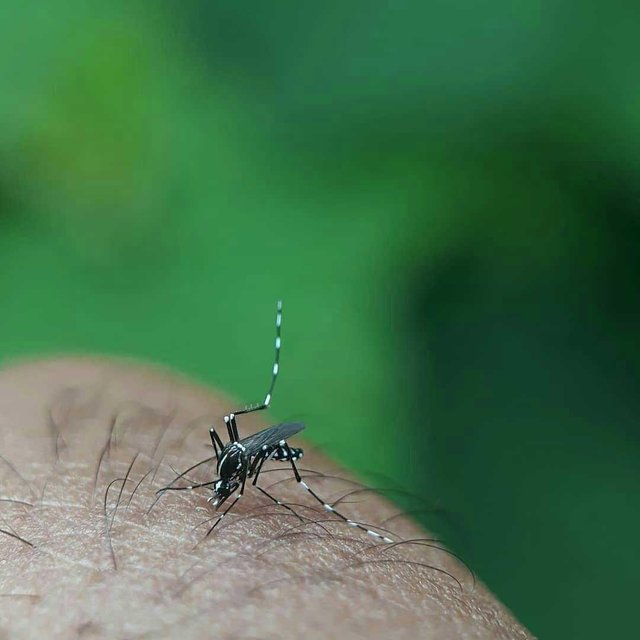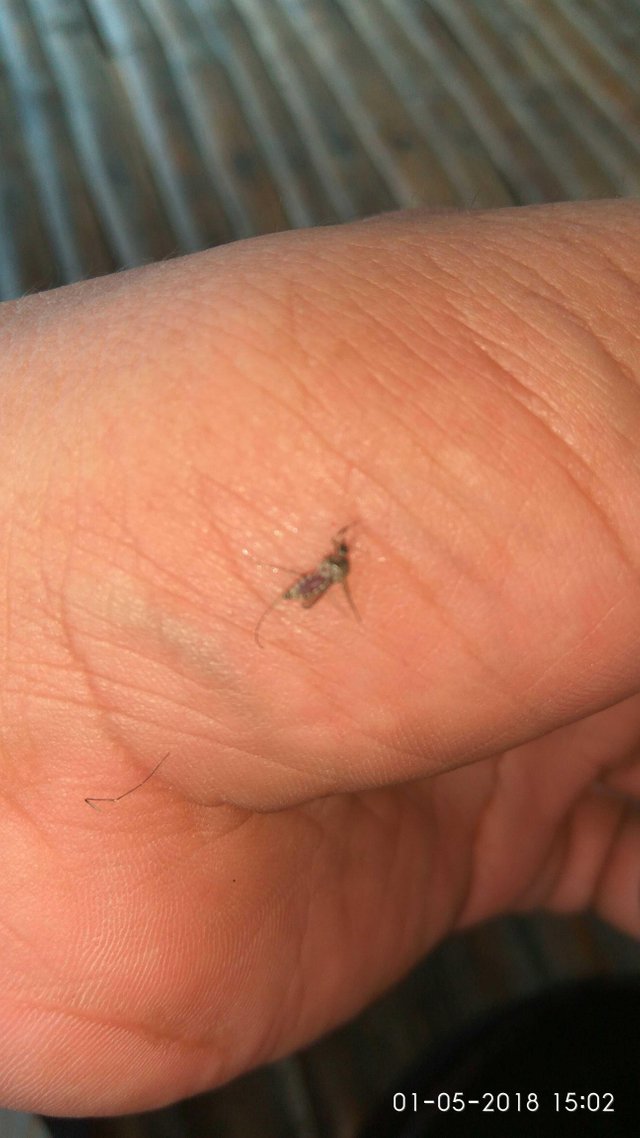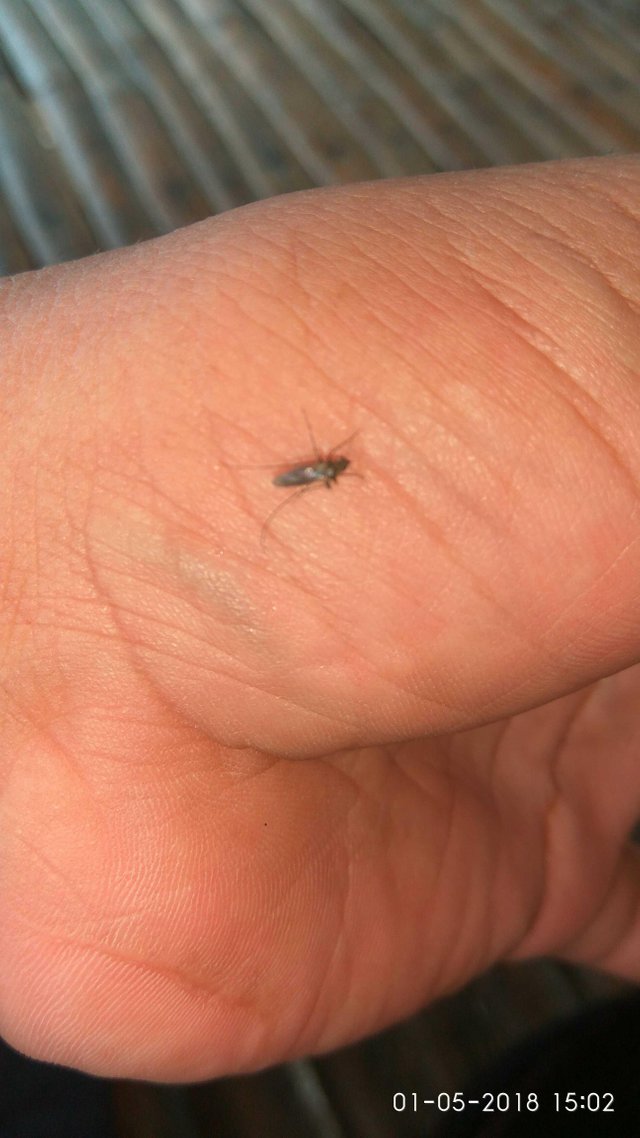** Why Is The Mosquito Bite Bound Feeling Itchy?**

We are all familiar with the following scenario: In the middle of a deep sleep after a day of stressful work, you hear a disturbing buzzing sound and suddenly feel a sharp sting in your hands or feet. Not long after that, a reddish bump appeared on the skin.
Without thinking, you instinctively start scratching. Your skin is flushed, mosquito bites are getting more itchy, and you wake up from a dream just to find two new reddish bumps from other mosquito bites. After a long night of beautiful dreams, replaced with busy repel mosquitoes stubborn at the same time continue to scratch the itch that never stops.
What happens in your body when bitten by a mosquito?

A mosquito does not bite. The female mosquito uses her needle-shaped mouth to pierce into the skin of her prey, which she then uses to suck blood.
Less than five percent of the skin is a blood vessel. So, when the mosquitoes have landed on your body to find food, it must be 'fishing'. From a distance, the muzzle of a mosquito may be seen as a thin needle, but in fact this muzzle - called the proboscis - is a set of sawing tools and suckers, encased in a tube called a labium. When sucking blood, the tube will open and reveal six sections of the mouth (filaments) that poke into the skin.
When 'biting' its prey, these six parts of the mouth will bloom and move flexibly to find the closest blood vessels. Often, this process ends in several search attempts, and lasts for several minutes, to successfully harvest blood.
The mosquito will then move the four filaments to work like saws and jackets to help smooth the blood-sucking process by two parallel tubes - the hypopharix, which will release saliva into the skin, and the labrum, which will suck the blood.
The mosquito will suck so hard that the blood vessels begin to waver. Some can break, spill blood into the surrounding area. When this happens, mosquitoes will usually 'add', drinking blood directly from the pool of blood that he made. The saliva that is released contains an anti-coagulant agent that keeps the blood from clumping so that the mosquito can easily suck blood.
Why do mosquito bite bites feel itchy?
Itching and bumps from mosquito bites caused not from mosquito bites or mosquito saliva, but the response of the body's immune system to the saliva. Mosquito saliva contains levels of enzymes and proteins that pass through your body's natural blood clotting system. These anticoagulants instantly cause mild allergic reactions in your body.
The human immune system responds to the allergen by releasing histamine. Histamine causes blood vessels around the area of inflamed mosquito bites to arise and then arise red bumps in the skin. Histamine also irritates the nerve endings in the skin and causes itching.
Why is it scratching fun?

Scratching is a relatively small form of pain. As we scratch, this movement blocks the itching sensation of accompanying pain, temporarily distracting the brain from itching; as well as giving cold compresses, or heat, or even a little electric shock.
These pain signals are sent to the brain by a neural set just like the itching sensation that is also sent by different sets of nerves.
When we are faced with a potential danger, the body will respond with a withdrawal reflex. Just try to hold your hand over the fire, it will not be long before you will have a great desire to immediately pull your hand from the heat. However, scratching actually brings a closer reflex to the problematic skin. It makes sense indeed, because closer inspection and quick scratching is more effective at crushing insects that crawl on your body than away from it.
Scratching is a good way not only to get rid of insects and parasites, but also the residue of plants and other foreign objects that stick to your skin.
In addition, your brain assesses the activity of scratching itch as an act of appreciation, a sort of 'decent' gift you get after facing pain or stress - from mosquito bites - by releasing dopamine throughout your brain. Dopamine is a neurotransmitter in the brain that regulates movement, emotion, motivation, and feelings of pleasure. When activated, the system will reward our behavior and make us happy, which triggers us to do it again and again to get the same satisfaction.